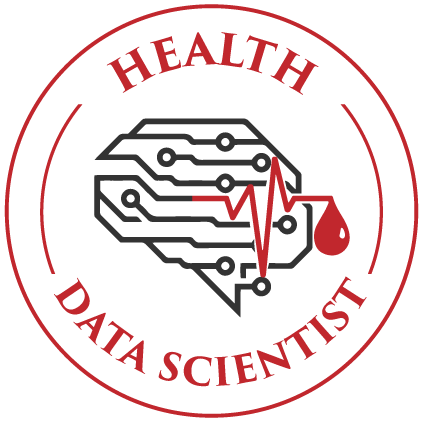
Listen to “#16: PTSD and Anger ” on Spreaker.
In this episode of the PTSD Bytes podcast, host Dr. Pearl McGee-Vincent discusses PTSD and anger with Dr Margaret-Anne Mackintosh, a clinical psychologist at the National Center for PTSD.
 Healthy anger vs. problematic anger
Healthy anger vs. problematic anger
While everybody experiences anger, it becomes problematic when it’s too intense, comes too often or starts to interfere with your life. This could look like problems at work or with family members, which can lead to social isolation. It can also be related to other issues, such as pain, difficulty sleeping, and alcohol and drug disorders
The connection to PTSD
 Mackintosh says that anger is a symptom of PTSD that often drives people to seek treatment. PTSD-related anger often appears as persistent irritability and being on edge. It can also be experienced internally and you may feel shut down or depressed. Mackintosh emphasizes that PTSD-related anger is valid even if you need help dealing with it.
Mackintosh says that anger is a symptom of PTSD that often drives people to seek treatment. PTSD-related anger often appears as persistent irritability and being on edge. It can also be experienced internally and you may feel shut down or depressed. Mackintosh emphasizes that PTSD-related anger is valid even if you need help dealing with it.
Treatment and support
Part of treating anger is addressing its triggers, or situations and feelings that lead you to become angry. This can help you slow down the process of becoming angry too quickly.
If you want to work on it on your own, Mackintosh recommends the Anger and Irritability Management Skills (AIMS) course. The course is anonymous and can be used by Veterans and non-Veterans. The AIMS online course educates people about warning signs and triggers and provides tools to manage that anger.
The AIMS mobile app provides similar information and tools, as well as resources to find professional treatment options.
See the Introduction to AIMS for Anger Management app video:
If you want professional support to deal with PTSD-related anger, Mackintosh recommends cognitive behavioral therapy.
Additional links:
- More information about PTSD and anger on the National Center for PTSD website
- Videos of Veterans, family members, and clinicians talking about their experiences with PTSD and anger
- More PTSD Bytes episodes
If you are a Veteran who is experiencing a crisis or supporting a loved one who is, dial 988 then press 1 for immediate assistance, or chat online at VeteransCrisisLine.net/chat.
Author:
